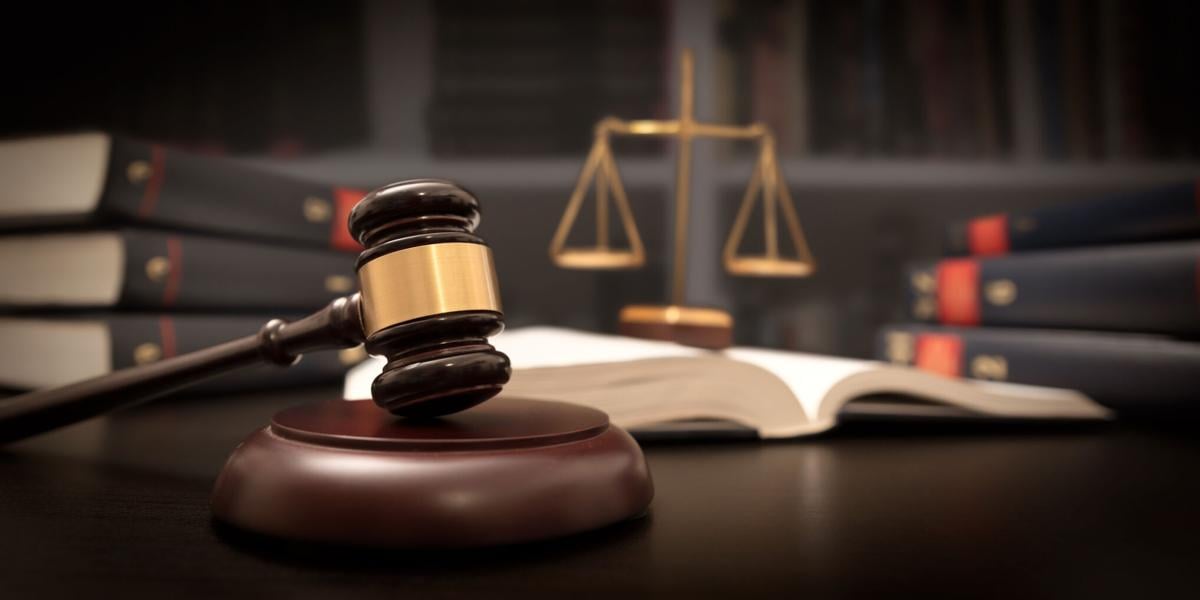PHOENIX — Arizona voters won’t get a chance to decide the fate of a $1.9 billion tax cut that mainly benefits the rich.
In a brief order late Thursday, the Arizona Supreme Court accepted the argument of attorney Kory Langhofer that the state constitution prohibits voters from referring any matters “affecting the support and maintenance” of state operations. And that, the court concluded, applies to instances where lawmakers are not raising taxes for operations but actually are reducing the amount of money the state would collect.
Chief Justice Robert Brutinel, who issued the order, did not explain how the court reached its conclusion, or even whether the decision was unanimous among the seven justices.
Brutinel promised a written opinion at some future date.
Thursday’s ruling is a major setback for Invest in Arizona which sought to give voters the last word on the controversial plan to scrap the state’s progressive income tax structure in favor of a flat 2.5% rate on all earnings.
The decision of the justices affects not just this particular tax cut, said David Lujan, director of the Arizona Center for Economic Progress, one of the organizers of the petition drive.
“It means the voters of Arizona don’t have the ability to second-guess tax cuts in the future, which I find really disappointing,” he said. That’s despite a constitutional provision guaranteeing the right of referendum, he said.
“It takes away the voice of voters,” Lujan continued. “And I don’t think it’s what the founders of this state intended when they created our state constitution.”
The ruling is a victory not just for the Arizona Free Enterprise Club, which Langhofer represented. It also is a win for Gov. Doug Ducey. He has touted the tax cut to show that Arizona is an attractive place for businesses to locate and expand.
“This ruling is another big win for our state’s taxpayers and it couldn’t have come at a better time,” Ducey said in a prepared statement. “With inflation hitting Arizonans hard, this decision ultimately means more of their hard-earned dollars can stay in their wallets.”
But how much those taxpayers actually will save depends on where they are on the income scale.
Now, anyone with taxable income up to $26,500 a year has paid a tax rate of 2.59%, with those figures doubled for married couples filing jointly. That rate increases in steps, to the point where taxable earnings on individuals above $159,000 were taxed at 4.5%
This measure imposes a single 2.5% tax rate on all incomes beginning in 2025.
Legislative budget staffers peg the revenue loss at $1.9 billion a year.
Ducey has repeatedly sought to portray the measure as providing a tax cut of about $300 a year for the “average Arizonan.”
But an analysis of the package by legislative budget staffers puts the annual savings for someone making between $25,000 and $30,000 a year at $11. That increases to $96 for those in the $50,000 to $75,000 taxable income range.
It may not even take until 2025 for the lower tax rate to fully kick in. Some legislative Republicans, citing the state’s current $5 billion surplus, want to fully implement the lower taxes immediately.
Lujan said future efforts to deal with tax policy at the ballot box will have to wait until the justices issue a ruling explaining how they reached their decision.
One option could involve seeking to amend the section of the Arizona Constitution that now guarantees the right of voters to refer matter to the ballot to specifically add in the right to also have the last word on tax cuts. But that could not occur before the 2024 election.





